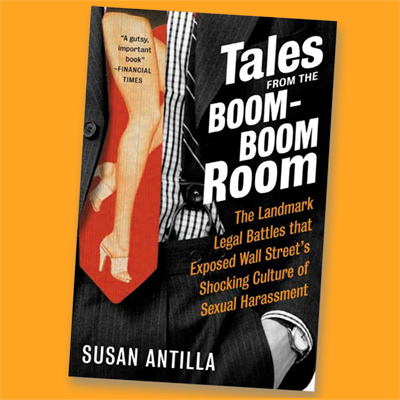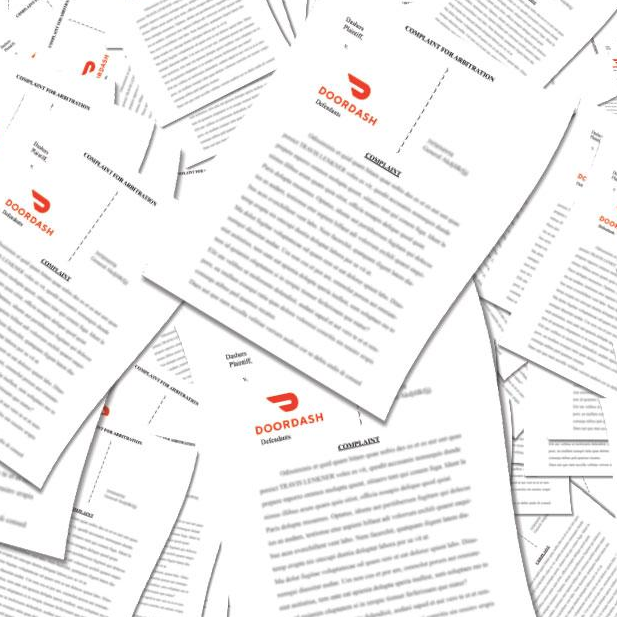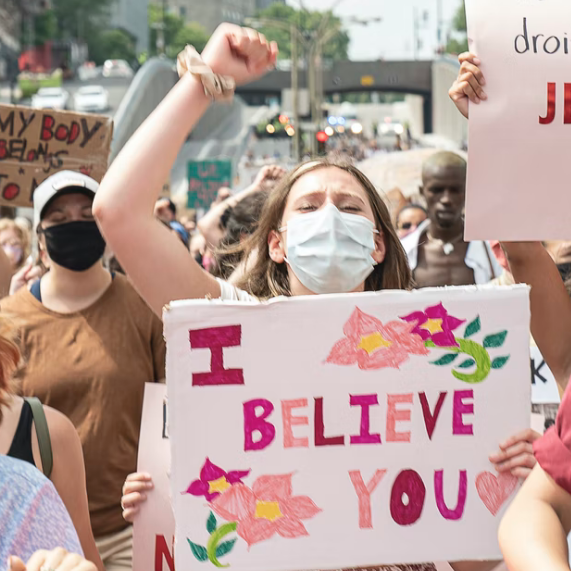
Just days after The New York Times exposed stunning business practices at the online journalism outfit Ozy, the company said Friday it was shutting its doors. That no doubt came as no surprise to some of its employees, who since 2015 have been excoriating the firm on the jobs website Glassdoor, citing its “toxic” culture, “bipolar management style” and conflicts of interest.
For years, I’ve used Glassdoor to get a reading on the culture at companies I’m writing about. Employees submit reviews of their employers anonymously, but when multiple employees write about similar problems, it raises red flags that I follow up on.
I’ve combed through a lot of awful Glassdoor reviews of awful companies. But I’ve rarely seen the level of employee condemnation aimed at Ozy. Continue reading




